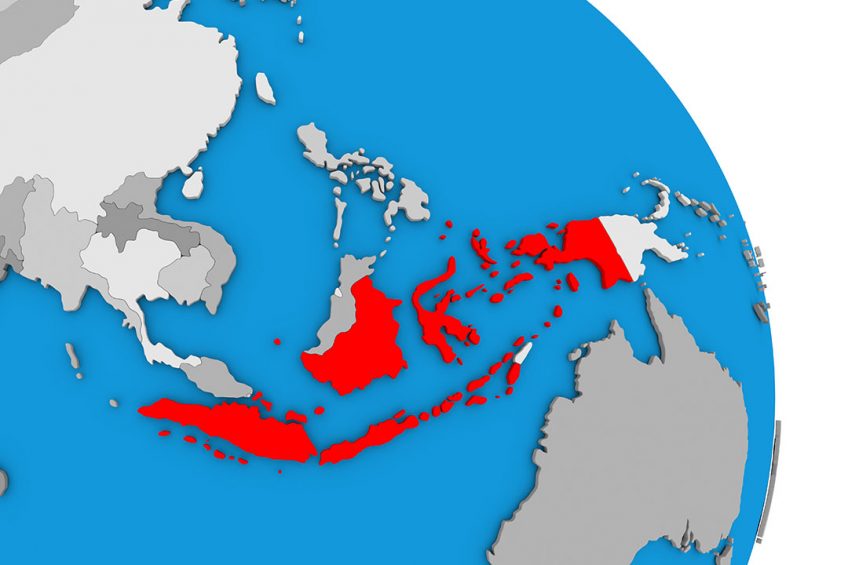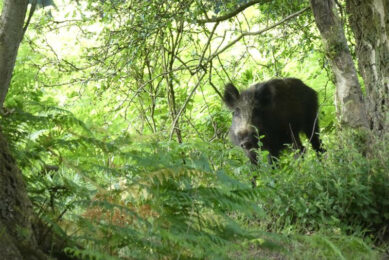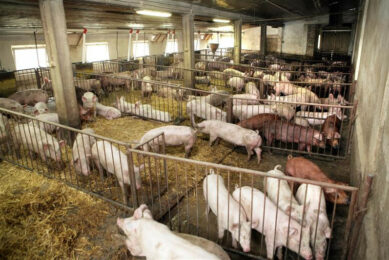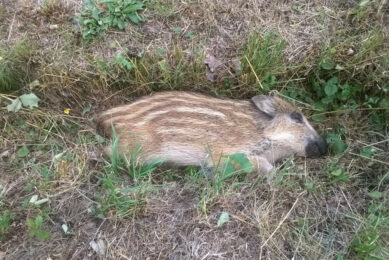ASF Indonesia: 28,000 dead pigs confirmed

African Swine Fever (ASF) has killed over 28,000 pigs in the Indonesian province of North Sumatra.
This became clear when the World Organization for Animal Health (OIE) released its first update on the progress of the virus into Indonesia. In the update, it stated that in total 392 different backyard farms had been found infected with the virus, affecting 28,136 pigs. The Indonesian authorities estimated that in the province’s 34 districts there were 1.23 million pigs in total. ASF has been found in 16 districts. The first outbreak was dated as early as September 4.
ASF in Indonesia confirmed by FAO
In November, it was already reported that ASF had affected the province in the north of the archipelago as at that moment local authorities confirmed the virus. Earlier this week, also the UN Food and Agriculture Organization (FAO) as well as the Indonesian ministry of agriculture confirmed the outbreaks.
In November, the local Indonesian authorities reported a co-infection with Classical Swine Fever (CSF) as well in North Sumatra. So far, the OIE has not confirmed that.
Indonesia is not a major pig country as the majority of the population chooses to eat different kinds of protein for religious reasons. Nevertheless, according to the FAO data, there were 8.1 million pigs in the country in 2017.
At least 12 countries affected by ASF in Asia
In total, ASF has now reached at least 12 countries in Asia. Apart from cases in China, Vietnam and Russia, the virus has also been confirmed in Mongolia, North Korea, South Korea, Cambodia, Laos, Myanmar, the Philippines, East Timor and Indonesia. In addition, from time to time infected pig carcasses was ashore on islands belonging to Taiwan. Thailand is surrounded by ASF outbreaks, but has not officially reported any outbreaks.











